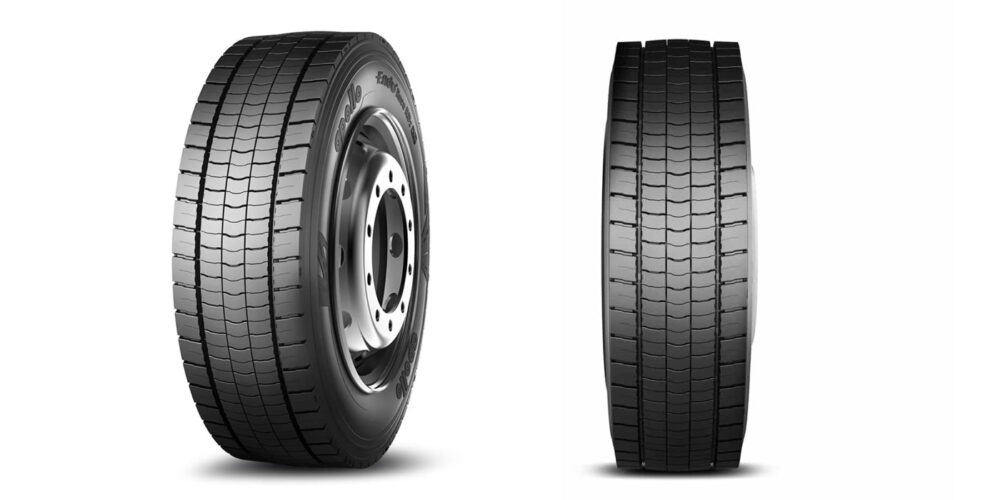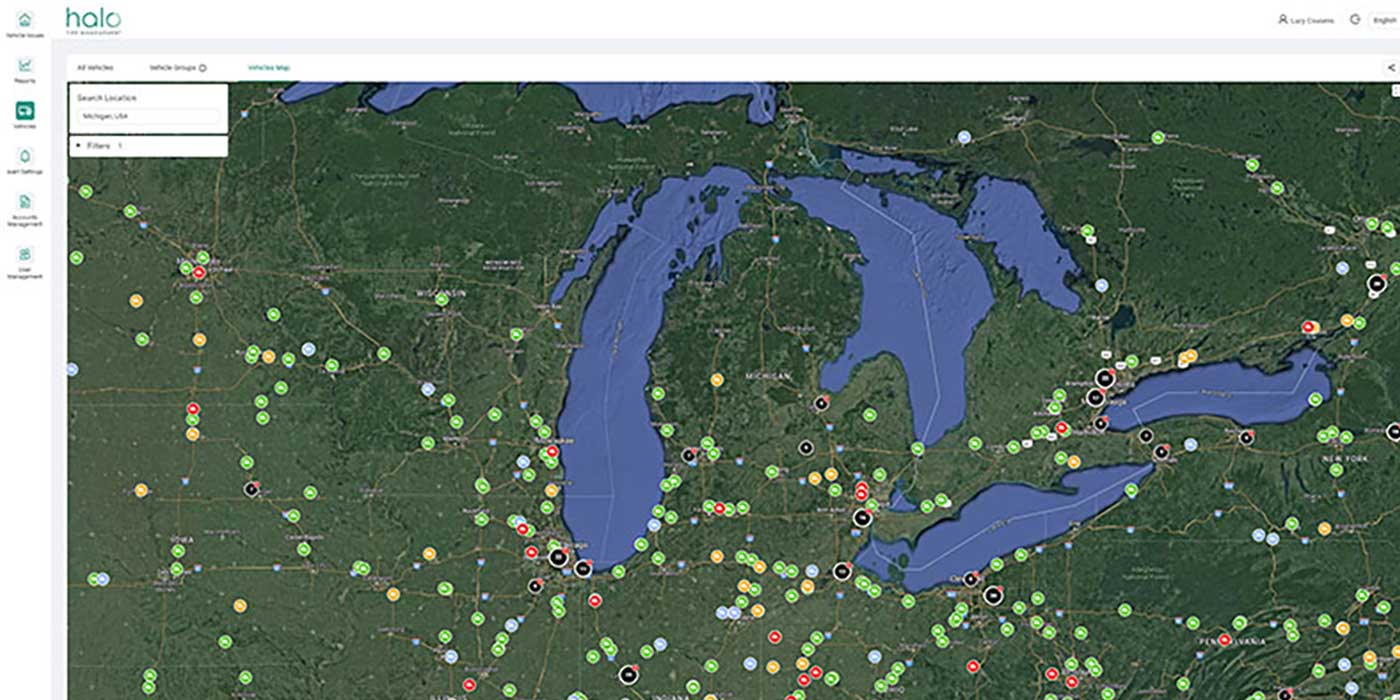According to the Food Policy Research Center at the University of Minnesota, about 40% of America’s food supply is either lost or wasted. This rate of waste is not only one of the highest in the world, but also it is responsible for increases in our grocery bills at the checkout counter. Improper temperature control of perishable cargo during transportation is one of the reasons that food is wasted in the distribution stage of the supply chain. Refrigerated transport fleets could be cutting losses and saving money by using the right reefer management solution. When choosing that technology, there are many aspects to consider, from the tracking devices to the web interfaces that provide the analytics and reports to integration with dispatch systems. The most important aspect to consider is whether there is enough return on investment (ROI) to justify the solution. When looking at a good reefer management solution, there are five areas for potential savings, according to ORBCOMM, a leading global provider of machine-to-machine (M2M) solutions for tracking, monitoring and controlling dry and refrigerated intermodal trailers, rail cars, gensets and sea containers.
1. Reducing fuel consumption: Detecting rapid fuel loss is important. Fuel theft not only causes an immediate operation cost, but also it can put a shipment at risk for spoilage if there is not enough fuel to keep the cargo at the right temperature before delivery. Fleets need a good reefer management solution that has the ability to read data from fuel sensors and send alarms in the event of a rapid fuel loss. Sometimes there is an inconsistency between how much fuel is put into a tank and how much is invoiced. Detecting the discrepancies can further reduce fuel costs. A good management solution is able to import electronic refill records from fuel suppliers and compare with the fuel measured by the fuel sensor in the vehicle.
Unless fleets are carrying temperature-sensitive cargo, they may achieve greater fuel savings by running in start/stop mode rather than a continuous cooling mode; this can reduce fuel consumption by as much as 50%. Look for a management solution that allow dispatchers to switch between modes by sending a command directly to the vehicle or messaging get the driver to change mode. Another good management solution allows the carrier to track when the reefer was turned on, when cargo doors were opened for loading and how long the reefer was left on while still in the yard.
2. Reducing maintenance: Fleets should track the number of engine hours and miles driven, rather than dictating maintenance schedules based on the calendar. This not only decreases engine maintenance and tire replacement cost, but also extends the lifetime of the trailer and warranty.
3. Reducing labor: Having staff walk the yard to turn on reefer units before loading, change the temperature set points or check the status of reefers before loading is not a wise use of labor. Remote reefer activation and checks saves time and money. A good management solution can quickly locate a trailer and, with two-way communications, turn a reefer unit on or off, reducing the time that yard staff and dispatchers spend looking for misplaced trailers.
4. Reducing claims, less load and trailer theft: Tractors can break down on the road and need to be serviced. It’s not always possible to have the trailer towed with the tractor; so, it has to be parked, leaving it and the cargo susceptible to theft. ORBCOMM says its software allows the dispatcher to put the trailer in “lock-down” mode. A local geofence is placed around the trailer and the dispatcher gets immediate notification if the trailer moves outside the geofence. This can mean fewer claims and less load and trailer theft. In addition, the software solution allows the dispatcher to see the temperature in the trailer and it sends an alert if the temps go outside of the allowed variance.
5. Optimizing trailer/container use: When refrigerated vehicles are stationary or parked in a depot somewhere, they are not moving freight and making money. It is easy to keep track of a small reset of refrigerated vehicles with paper and a good dispatcher, but profitable regional, national and international carriers need telematics to track the location of vehicles to ensure maximum utilization. A good management solution allows the dispatcher to quickly track the location of refrigerated vehicles and pinpoint ones that have been idle too long. It provides reports such as dwell time and average utilization so fleet managers can work on reducing the fixed cost per mile (CPM). Reducing the fixed CPM not only increases profits, but also enables fleet owners to do more with existing
refrigerated vehicles.














